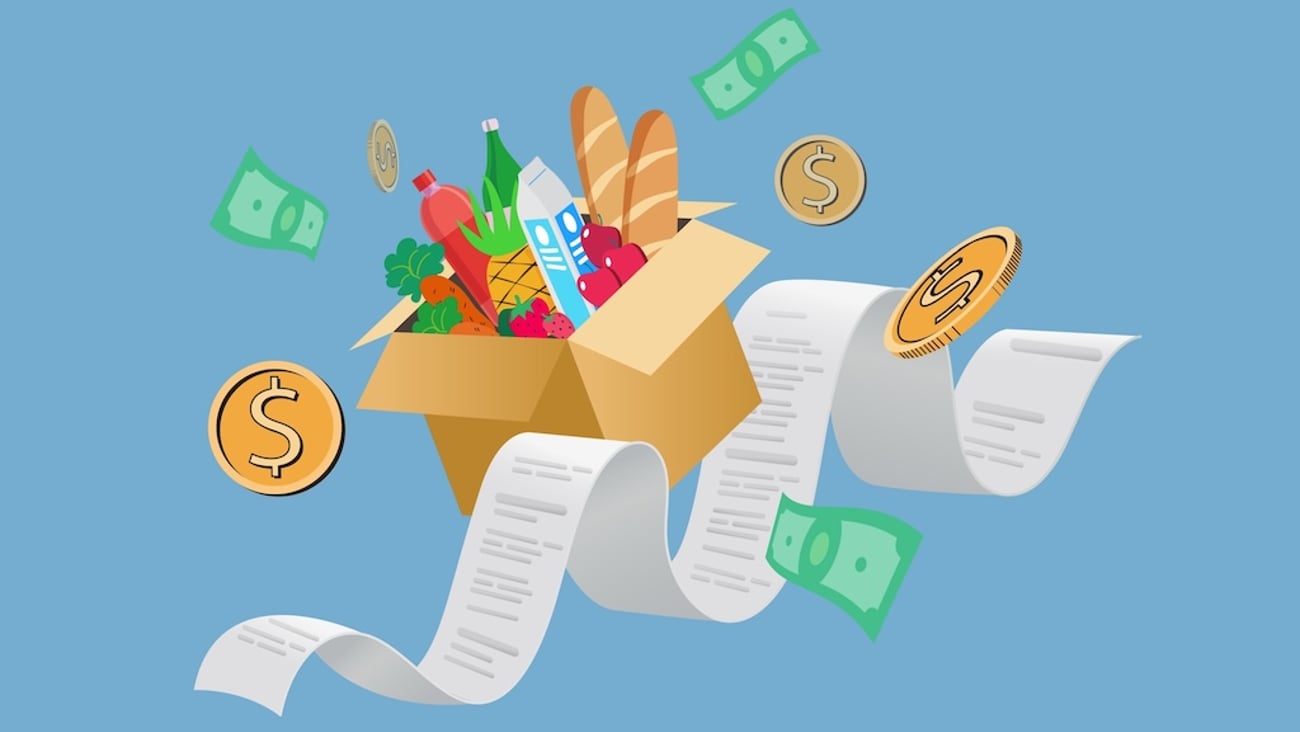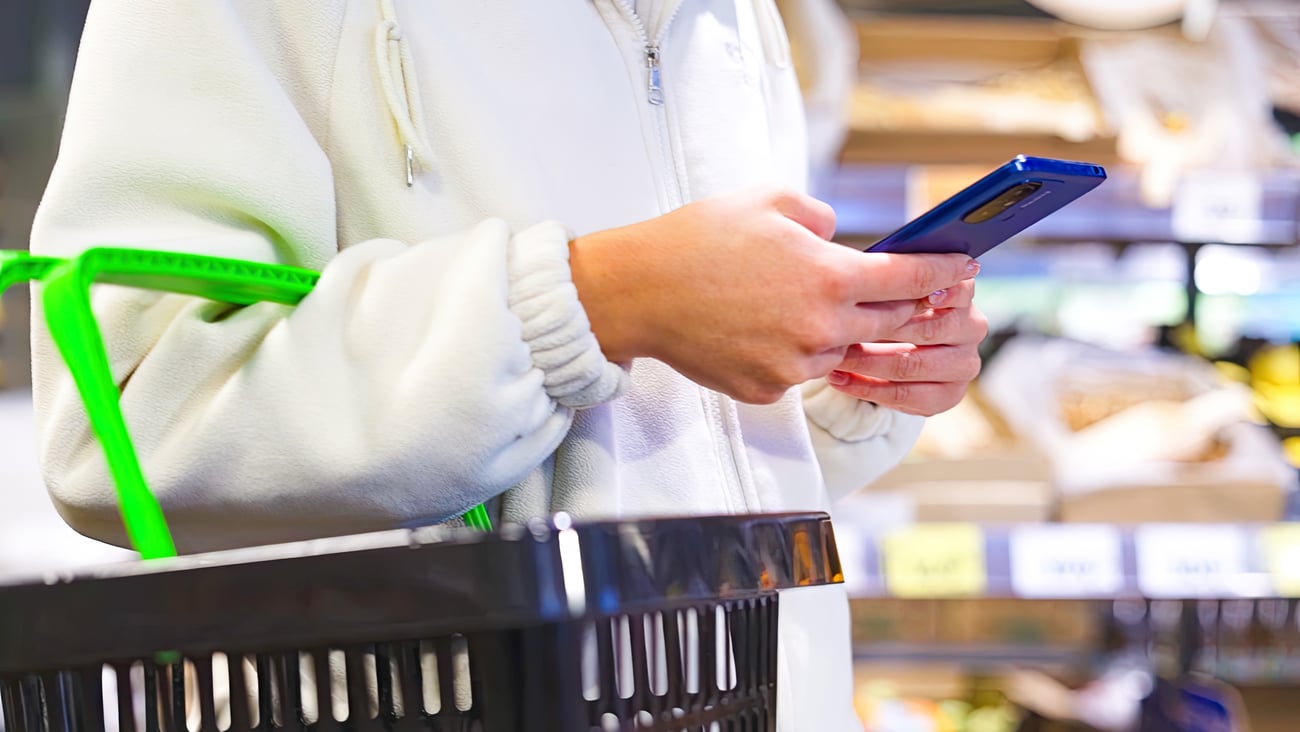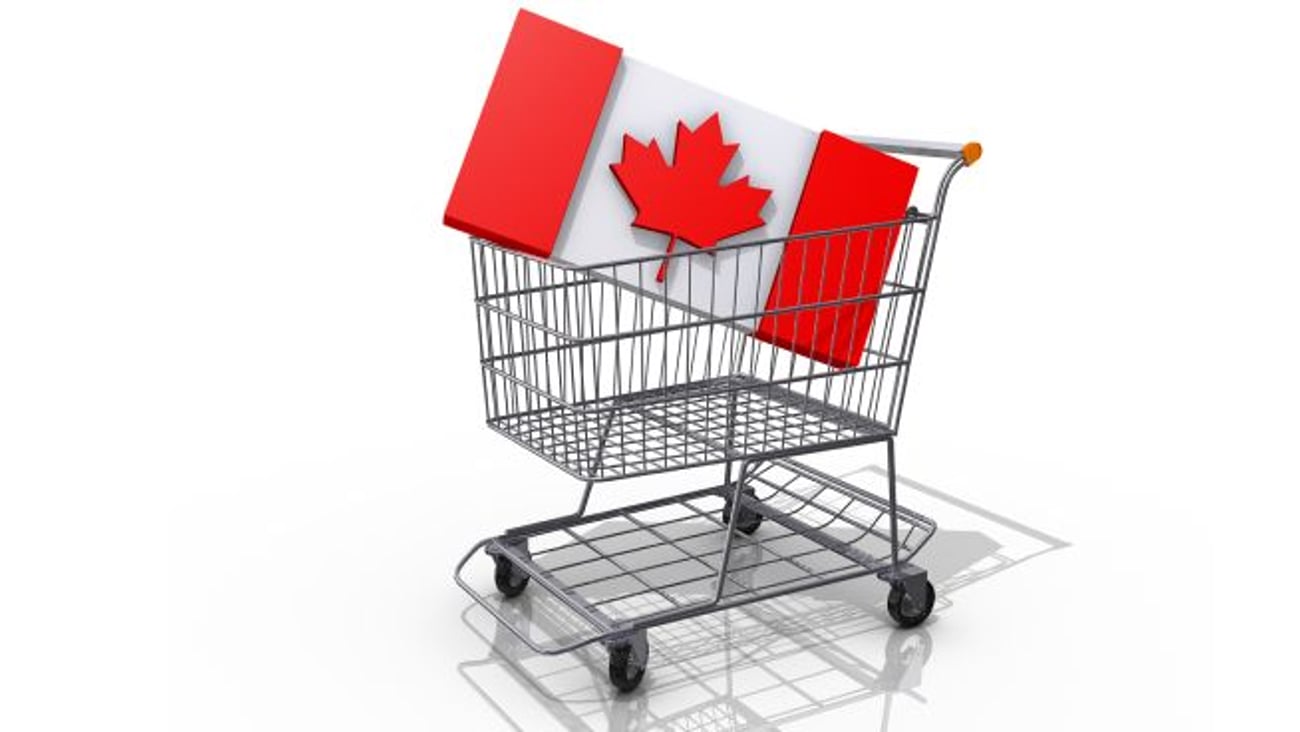Handout nation: Grocery rebate a ‘mirage for the needy’
This federal budget had more leaks than the Titanic. There were so many leaks ahead of its release on Tuesday (March 28) that most of us already knew what was in it beforehand. Many years ago, ministers of finance would be asked to resign if the secrecy of the budget was breached. These are different times.
Just like last year, the budget did not have a dedicated section for agriculture or food, but it did offer one attention-grabbing nugget: The so-called “grocery rebate,” a one-time payment that will help some, but only for a very short period. Food inflation will remain a challenge for all Canadians for quite some time. The government got cute by renaming the GST rebate without providing the 11 million people receiving the payment any relief that was solely dedicated to healthy food purchases inspired by Canada’s Food Guide.
[Read more: “Federal budget 2023 includes $59.5 billion in new spending, looks to increase revenue”]
Americans have a massive SNAP Food Benefit program which supports families in need. Commonly known as the Food Stamp program, it is funding that is given to families to lessen the burden of inflation at the grocery store, no matter what might be happening with food prices. It may be time for Canada to give Agriculture and Agri-Food Canada the task of developing such a program for Canada. This would be a massive undertaking, but we need to start somewhere.
But the grocery rebate won’t do much for Canadians over time. This is what happens when you politicize food inflation. In terms of public relations, cheques are real while fiscal changes that would have a substantial impact are not. But what is most concerning is how pouring an extra $2.5 billion into the economy could make food inflation an even more serious problem. Many provinces have fallen into the same trap. Stimulating our demand can only push prices in one direction, including food prices.
Milton Freidman famously said that inflation “is always and everywhere a monetary phenomenon.” He was not entirely correct. It is rather a monetary phenomenon involving government obligations. The Bank of Canada cannot solve inflation on its own, and governments need to assist in this, but it can be overdone. The “grocery rebate” is exactly that. Handouts are a mirage for the needy.
One measure the government could have eliminated are sales taxes on food when it is not served or processed on-site. With the shrinkflation trend, many food products are no longer defined as groceries by the Canada Revenue Agency but rather are labelled snacks, which are of course taxable. Adding HST on food items increases prices by 5% to 15%. Food at retail should not be taxed, period. But that’s not as sexy as giving handouts.
One item where the Liberals clearly appropriately read the room was on the alcohol tax. The federal alcohol “escalator tax” automatically increases the tax on beer, wine and spirits every year across the country by the rate of inflation. It was set to increase by 6.3% on April 1 of this year. Now, the increase will only be 2%. This was good news for consumers, but most important for restaurants and the various other industries involved with these beverages, enjoyed by a large number of Canadians.
[Read more: “Amazon invests in Toronto-based climate biotech company”]
Cleantech is the overarching commitment in this budget. Making our food sector greener has been a priority for this government. A portion of the budget is dedicated to bio-fuels, which represents a win for agriculture. All regions of the country are recognized as having strong potential for further investment. A budget set at $520 million is earmarked for carbon capture projects, a welcome recognition of the Prairies’ focus on making carbon sequestration a priority. But still no attention was given to how the increasing carbon tax will impact food distribution and affordability in Canada by 2030, when the tax itself will reach $170 a metric tonne. As of April 1 of this year, Canada will have the 7th highest carbon tax in the world, according to Statistics Canada.
Some interesting items: The budget has provisions to deal with non-fat surpluses in the dairy sector. Many Canadians have wondered about the unexplained milk dumping incidents and the shortage of baby formula. The dairy sector will receive $333 million over ten years to support research and development of new products using non-fat dairy surpluses. But dairy is by far the richest and most resourceful agri-food sector we have in this country. Surely they could have come up with some cash themselves. Heck, they paid $20 million to put the dairy milk logo on the Toronto Maple Leaf jerseys.
Again, farmers looking for fertilizer options besides those from Russia will have access to some funding, $34.1 million in total. Other than that, there wasn’t much for industrial logistics. And little or no attention was given to international trade and interprovincial barriers, other than a brief remark that Ottawa is working diligently to eliminate most of these. Not very reassuring.
The budget was as predictable as it was unexciting. A greener agri-food sector is what we will have, but Ottawa doesn’t seem to care about whether the sector becomes more efficient to keep costs down, and our food more affordable.





